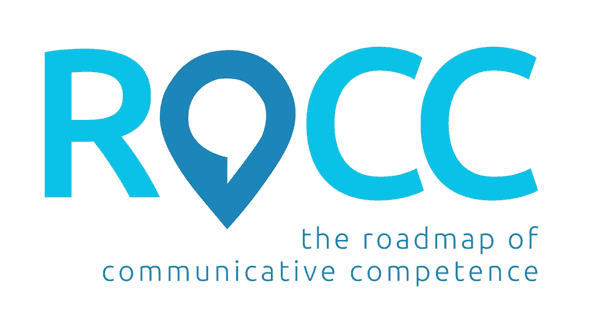
Wouldn’t it be faster to just duplicate an existing assessment?
We were recently asked by one of our Schools if there was an easy way to carry over information from a previous assessment into the next assessment, or whether the only way is to start a whole brand new assessment.

This is a tricky one, and something we have considered many times!
At ROCC, we have considered a ‘Save As’ function for assessments many times but are still wary. We think that it’s most important that teams are doing the observation and thinking that is required to score the ROCC each time. This helps them to understand the individual and their progress (or even regression in some cases). If we prefill the scores and comments with a copy of last year’s assessment, then assessors don’t need to think and that’s not in the best interests of the individual. At ROCC, we are still contemplating how to make scoring more efficient for users without taking away the thinking. We do not want to compromise on the ‘thinking’, otherwise it’s just scoring for scoring sake, and not necessarily guiding decisions and strategies that will improve outcomes for the individual involved.
As one option, a user could open the existing assessment in a new window to view the previous assessment, and then if needed, copy and paste important text or cross reference scores.

This saves a bit of time but also requires a decision about each score or comment, rather than just going through the motions. Here’s how this process might prompt reflection and discussion:
- If scores on target domains are unchanged, then it might be worth flagging this student as one who needs a deeper dive or team discussion.
- The comments section enables assessors to track progress and update their thinking, so is designed to collect new examples or information that has changed, rather than repeating each year.
- If a strategy is the same from year to year, then consider if it is still the right strategy, or needs to be broken down into smaller steps, and
- If a follow-up action item is the same from year to year, then it’s either not important enough, or needs to get done.
At ROCC, we really want the assessment process to inform, review and if needed, rethink an individual’s communicative progress, rather than just an administrative task. We feel that the extra time spent re-entering pertinent information is a reasonable sacrifice to ensure that assessment data is informing our actions in a meaningful way.
What do you think? If you have any other suggestions about this process, we would love to hear them. Email us at rocc@roccassessment.com.au
To keep up to date with any of these new features as we roll them out, or any other ROCC initiatives, follow us on Facebook.
